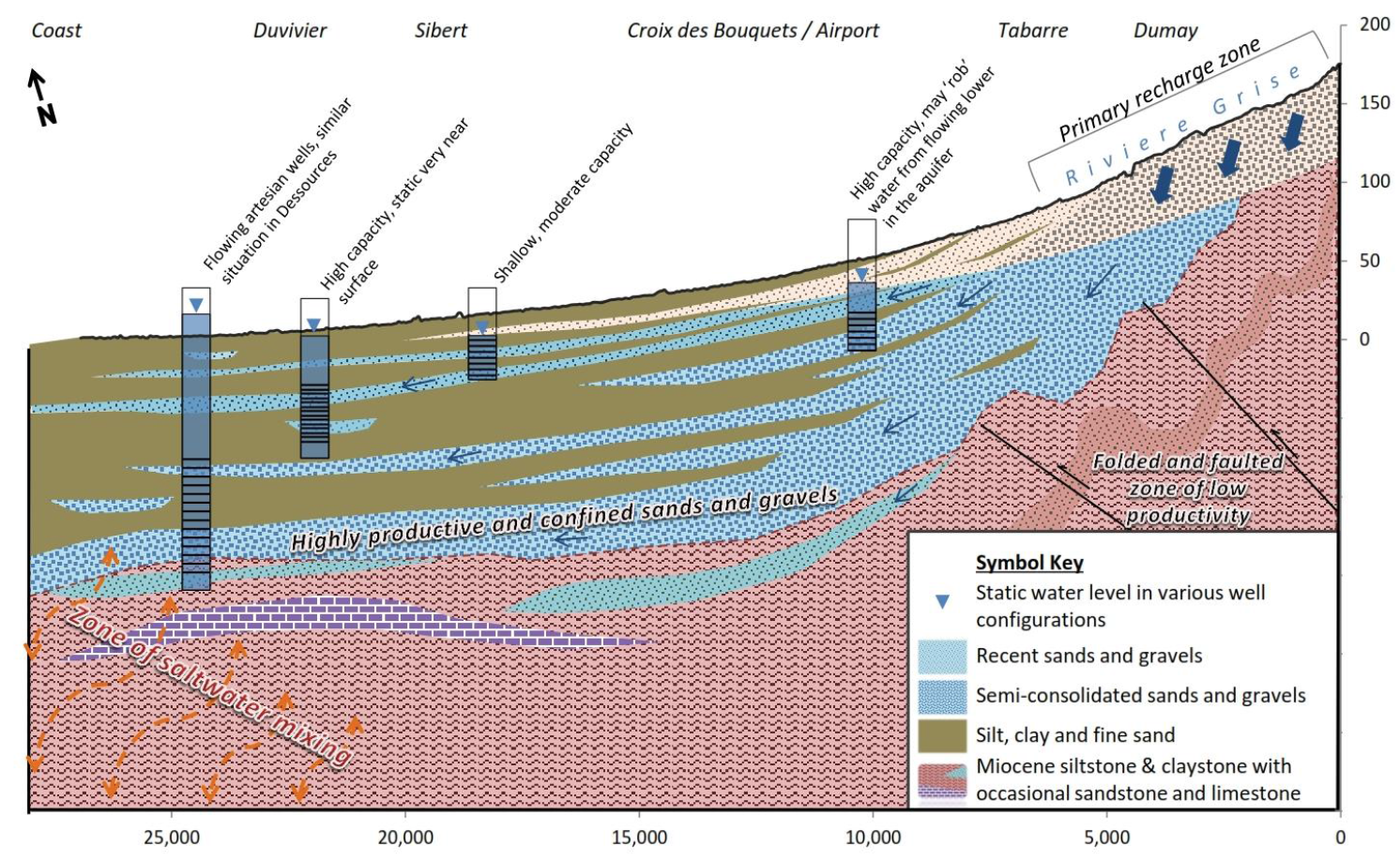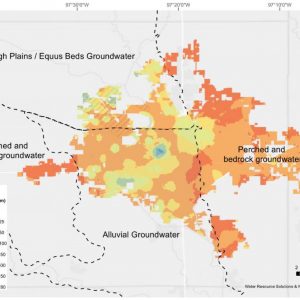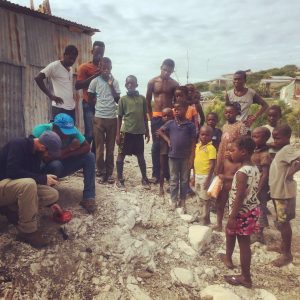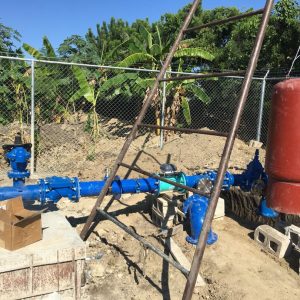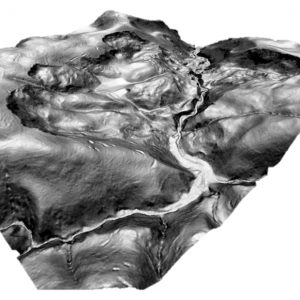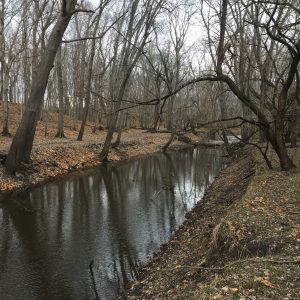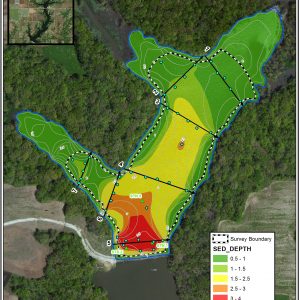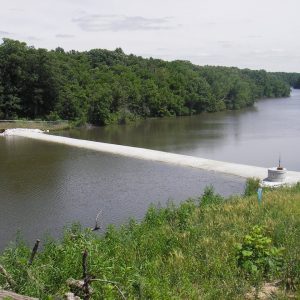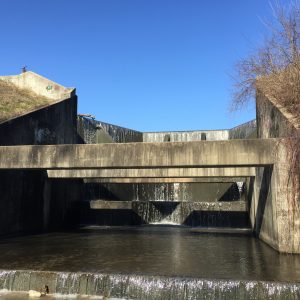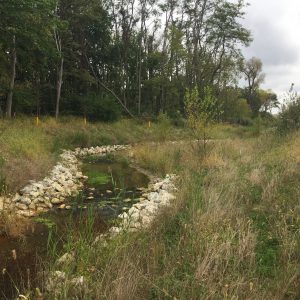Northwater was commissioned by USAID, American Red Cross, and Global Communities to work alongside the Haitian government (DINEPA, OREPA OUEST and CTE-RMPP) on an effort to compile, collect, and analyze a baseline volume of data and knowledge to generally characterize the Plaine du Cul-de-Sac aquifer and guide informed decisions for groundwater abstraction and management. Northwater partnered with Rezodlo and was supported by V3 Companies.
The Plaine du Cul-de-Sac (PCS) aquifer is one of the most important and largest aquifers of Haiti, supporting a population of over 2-million people and the agricultural, industrial, and commercial sectors.
This study further focused on evaluating the feasibility and potential impacts of utilizing the Plaine du Cul-de-Sac aquifer to support existing and future potable water demands of the rapidly growing Canaan area. Since being established after the January 2010 earthquake, the Canaan settlement is now estimated to have over 200,000 residents and no centralized water supply, electricity or waste disposal.
The evaluation included:
1. Desk study & research
2. Hydrogeological data collection – reconnaissance, mapping, water point mapping, water sampling, vertical conductivity profiles of wells, windshield survey of water users, hydrochemistry and stable isotope analysis
3. Site-level geophysical investigation – electromagnetic geophysics to characterize the subsurface conditions and guide recommendations
4. Analysis and reporting – Results and recommendations based on analysis and synthesis of research, hydrogeological data collection and geophysical investigation
The reports are openly available as they were financed by USAID and American Red Cross
